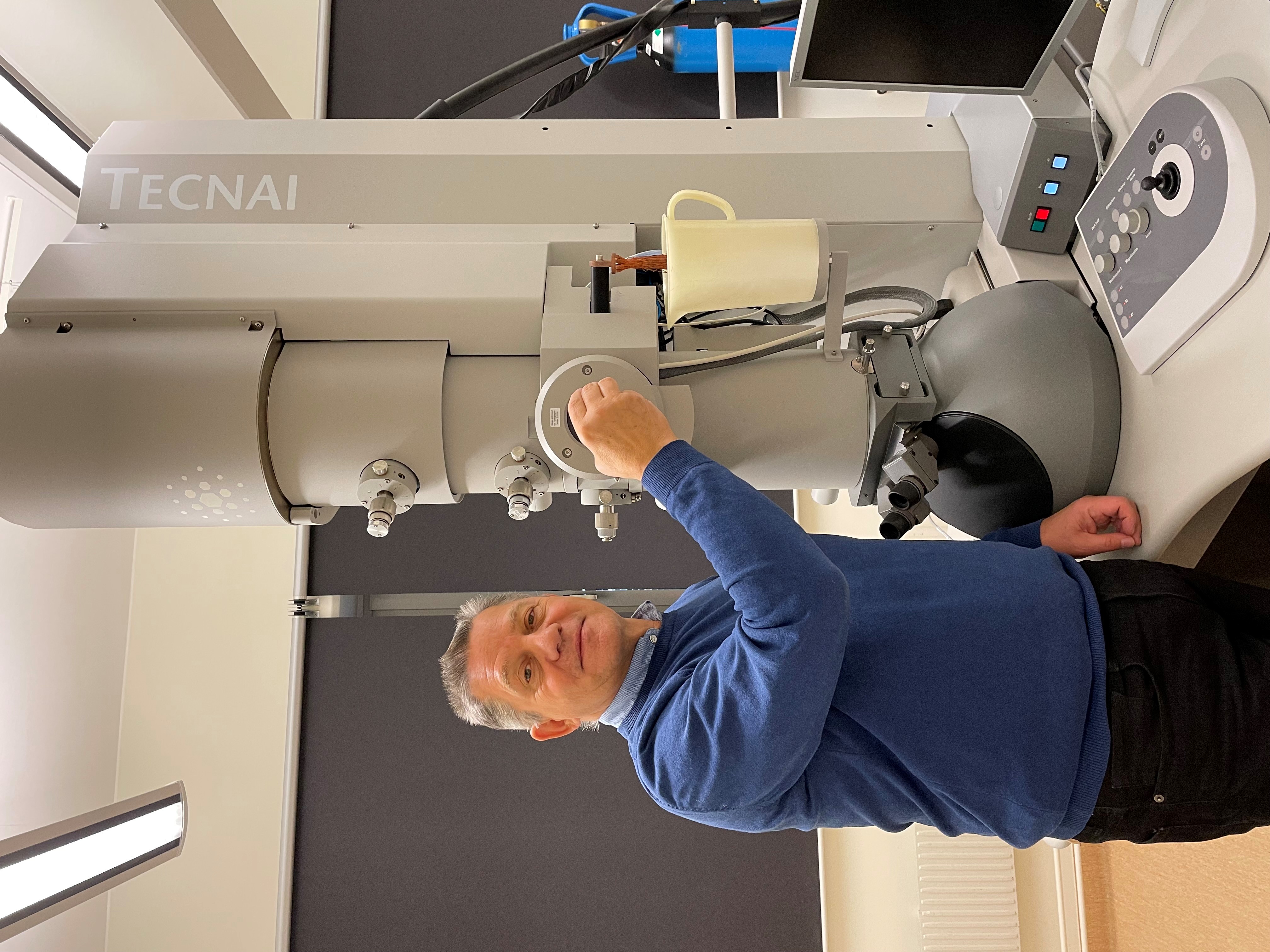 Geoffrey Daniel, PhD, Full Professor
Geoffrey Daniel, PhD, Full Professor
Swedish University of Agricultural Sciences (Sveriges lantbruksuniversitet, SLU)
How did you arrive in your current position?
It has been a long and exciting journey. After obtaining a PhD in marine biology and starting my post-doc, I was offered another research position in the USA. However, I was also offered an alternative job in Uppsala, Sweden, before leaving. Since Uppsala was my wife's native city and we expected our first child, I took the Swedish offer. I moved to the Swedish University of Agricultural Sciences, and at that time, the Department of Forest Products. I started as a research assistant and progressed within the Department to Docent, Senior Lecturer, Chair in Forest Products and the last 15 years as Chair in Wood Science and finally Senior Advisor. I have been responsible for two Centres of Excellence with the pulp and paper industries and one more related to trees, cell wall biosynthesis and fibre biology. During this time, I also was head of the Department for 12 years. Although I have remained in Sweden, I have had the opportunity to work and collaborate in many other countries (South America, Africa, Europe, USA, Japan, New Zealand etc.), so the academic journey has been exciting and rewarding.
Which scientific question are you the most eager to answer?
Throughout my career, I have had a strong interest in understanding the ultrastructure and macromolecular structure of fibre cell walls, including biodegradation. I consider this one of the "holy grails" of wood science. Although challenging, its understanding will provide for a multitude of scientific possibilities related to many wood science and technology questions including, fibre modification, fungal mechanisms of wood degradation, wood protection and physical and mechanical processes, to name a few. In addition, the possibility of predicting and modelling the physical properties of wood materials even from small tomographic portions of cell walls may also be possible in the future.
What is the future of your research?
Sweden has a highly well-developed forestry infrastructure, with strong links between the Universities and industry. Effects of climate change and forest sustainability are key focus areas, as is the effective use of wood and fibre for products. Understanding the nanostructure of wood cells opens up enormous opportunities, so I feel the future, although challenging, will be very exciting. Additionally, as I find myself at the latter part of my career, one personal aim is to pass on my experience and expertise in my research area to the next generation.
Open Science, especially Open Data, is highly debated on various levels. What is your opinion?
I believe Open Science and Open Access to data will become the norm in the future, at least in Europe. I think this can only be positive for society, opening up possibilities for less developed countries. However, strict and proper archiving is also extremely important for future generations providing new opportunities for data interpretations and, of course, lessening the chances for "discovering the wheel". There is, of course, a downside when open data is misinterpreted and used for political gain or when innovative ideas are taken.
How do you maintain your work-life balance?
I think this has changed over my working career. Naturally, family life has always been essential and outdoor activities as well. Healthy body, healthy mind! In the first part of my career, I trained a youth football team for ten years, while in later times, the grandchildren and gardening have been my source of relaxation.
How difficult is it to have a carrier in science? How do you keep your motivation?
In my opinion, fundamental to making a career in science is curiosity, interest in solving problems, dedication and ability to self-motivate. Without them, it will be challenging to maintain a long career in science with all the "ups" and "downs". Naturally, having great colleagues and collaborators around you is also very important. In Sweden, science in all research fields is very competitive. Hence, as a young scientist, it is essential to get your first grant after PhD, establish yourself and develop your national and international networks. After that, it is all about keeping going!
![]() This project has received funding from the European Union’s Horizon 2020 research and innovation programme under grant agreement N°952314.
This project has received funding from the European Union’s Horizon 2020 research and innovation programme under grant agreement N°952314.
